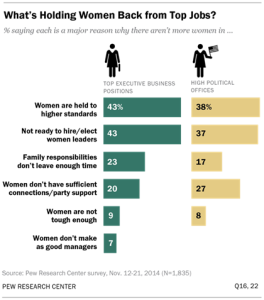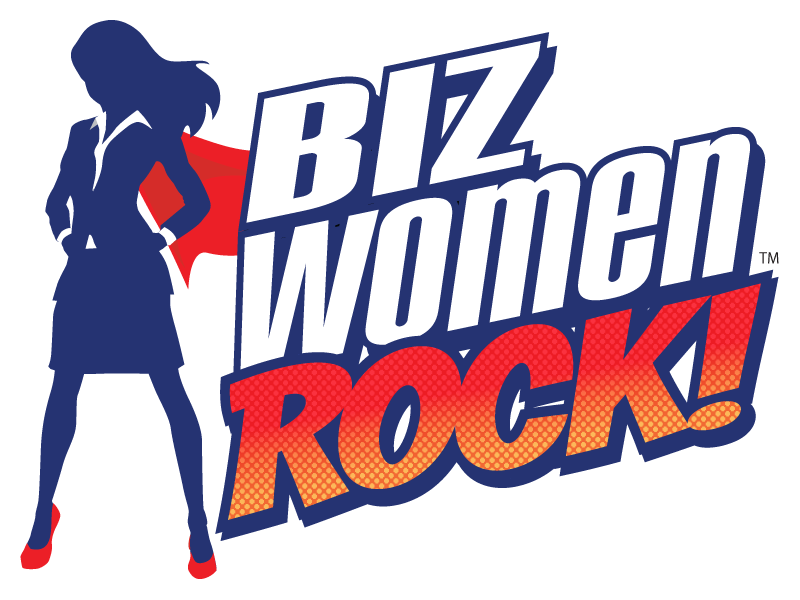Small to medium-sized cities may have fewer barriers to entry than some of the nation’s leading start-up hubs.
BY: ARIA BENDIX

Image Richard Drew / AP Images
Richard Drew / AP Images
With women like Elizabeth Holmes founding multi-billion dollar companies, and others such as Sheryl Sandburg and Beth Comstock running them, there’s a growing sense that the U.S. is finally starting to carve out space for tenacious women in the upper-most echelons of the business world.
Of course, the presence of these women is not nearly as ubiquitous as one might hope in 2015. The New York Times reports that there are more CEOs named “John” running S&P 1500 companies than there are women. And while the number of female-owned businesses may be climbing, the actual share of women in top business positions in the U.S. is still relatively small.
Part of this is no doubt due to the fact that women face unique barriers to entry when it comes to running a business, let alone starting one. “Women-owned business are far less likely to have any start-up capital, and when they do they have much less than men-owned business,” as Jessica Milli, a senior research associate at the Institute of Women’s Policy Research, recently told The Atlantic.
According to data from a 2015 Pew Research Center survey, 43 percent of Americans believe that women in executive business positions are held to higher standards than men, and the same percentage believes that the U.S. is not prepared to hire women for these top-tier positions. A relatively smaller, but still significant, number of Americans (23 percent) believe that women don’t have the time to hold an executive position, given their “family responsibilities”:

These are troubling—yet altogether unsurprising—statistics. So long as they persist, America’s professional climate will continue to favor men, both in wages and in overall sentiment.




